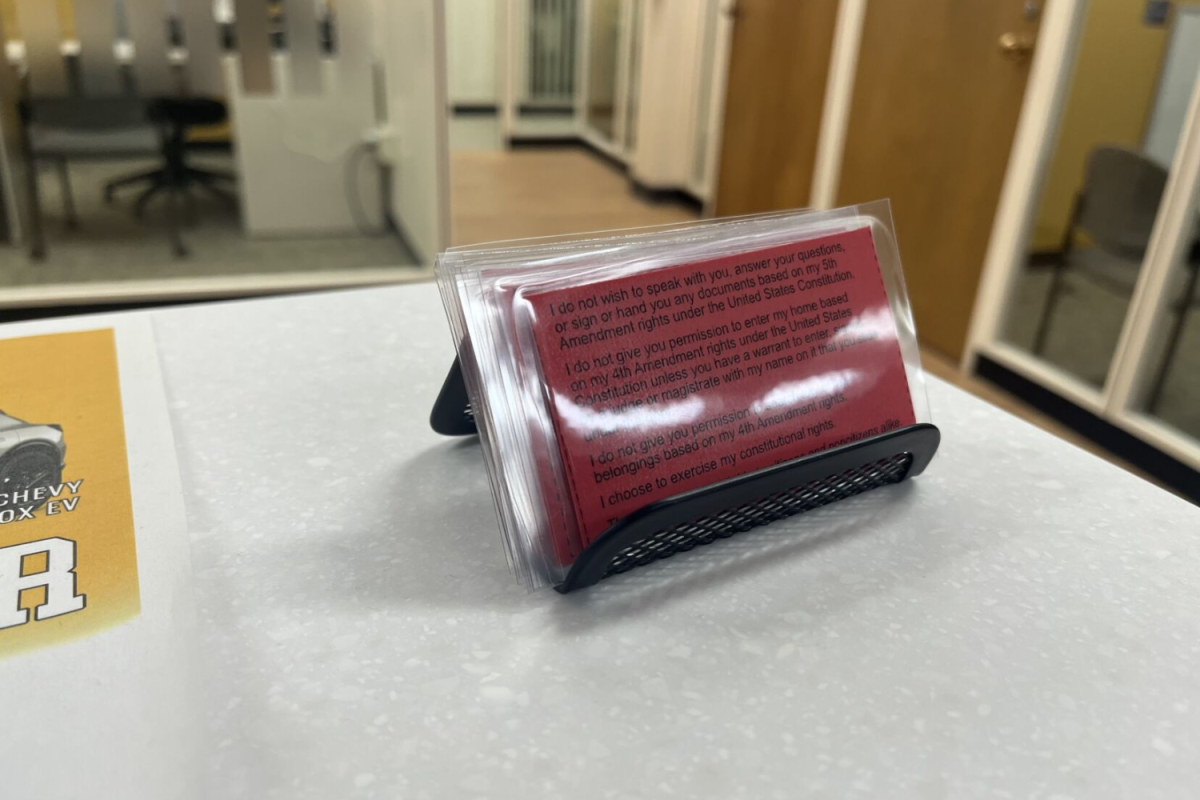This article was originally published on Sept. 21, and was updated on Sept. 29, to reflect new information gathered by the Exponent regarding part of the reason the deficit was reached.
Baldwin Wallace University is currently in the process of budget cuts for the 2023-24 year following an overreaching budget plan that would have placed the University in a deeper hole than its budget deficit of over $3 million accrued at least in part to issues made in financial reporting.
From July 2022 to June 2023, the University ran up a budget deficit of over $3 million, partly due to being unable to spend according to plan, as their regular budget reports were inaccurate. Still, BW is not alone in its deficit, with other universities reporting high deficit spending resulting in changes to departments along with a shrinking workforce, a move which BW could see as a result.
Dan Karp, assistant vice president and director of University Relations, said that while BW’s end-of-the-year profit and loss statement was accurate, the reports made throughout the year were not entirely correct.
“During the year, reports are generated or were generated, and it would pass by the [Chief Financial Officer’s] office and in some of those reports there has been accurate reporting as to the current status to our expenses versus our revenue,” Karp said. “And in some of those indicated, [they] did not reveal the amount of spending we had. So it did not clearly show the full expenses.”
Moving forward, under the direction of the new CFO, Gregory Cingle, the University can expect to see enhancements to how reporting is completed, Karp said.
“Just like in any other area, you’re constantly improving your ability,” Karp said. “In the ability of our finance department, it’s being able to automate, use technology, and to put in multiple controls that allow us to have actually even more accurate budget reports,” Karp said.
President Helmer, who attended a student senate meeting on Sept. 27 and was asked questions regarding the budget, said that while raises for faculty are always attempted, it is still unknown whether faculty will see raises following the year 2023-24.
“It’s all dependent on the roll-up button to see when it comes out,” Helmer said. “The first stop for everybody is ‘don’t impact students.’”
Other Universities are also seeing budget deficits, and in some instances, staff were laid off.
During the University of Akron’s deficit crisis in 2020, the University laid off over 178 employees, according to the Akron Beacon Journal. Amidst the University of West Virginia’s budget deficit, they recently laid off around 132 employees.
“I think everything’s on the table,” Karp said. “But right now, you start with the first thing you can do before you get to a more difficult decision. You want to have the least impact on our people.”
According to an email by Helmer on Sept. 13 to all University faculty, one area where they are engaging in cuts is in a hiring freeze across all departments with “essential replacement positions” up for review as needed.
Karp said that the University also started a Voluntary Separation Incentive Payment, which would allow faculty to take early retirement if they have worked at BW for at least 15 years and are over 55 years of age. Karp said that the faculty would retire at the end of December this year and that the University would provide them with six months of pay and a stipend for health care costs.
“This is the second time that BW has done that,” Karp said. “We did one right at the beginning of the COVID-19 pandemic and what that does is that [it] allows a university to reduce its total labor expenses, and at the same time [it] helps those members who are on the edge of retirement.”
Departments that may feel a change in the face of the recent news of the deficit are the departments located within the School of Social Sciences and the School of Humanities, which may merge into one school. Tom Sutton, professor of political science and chair of the faculty senate, said that while the merge may have already happened, the news of the budget shifted the conversation.
“When this budget thing hit we knew that as two schools we had to start looking at doing things differently,” Sutton said. “That kind of accelerated that question like, ‘Some of our majors are really small and can they continue?’”
Karp said that while the budget cuts are coming, the University is working hard to make sure that students will not feel a shift in their experience.
“It’s important to understand that any reductions that have happened have wanted to focus on the fact that it has the least possible effect on the student experience,” Karp said. “It’s important that the student experience remains, like we like to say, an extraordinary student experience.”







































David Hager • Nov 21, 2023 at 10:54 am
As a former editor-in-chief of The Exponent, I say, “Bravo!”